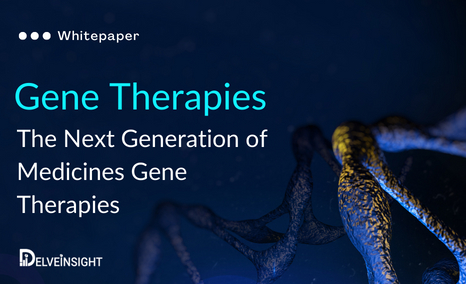Axovant rely on new gene therapy, Rise in Shares
Roivant Neuro Company has licensed Oxford Biomedica’s gene therapy OXB-102, now AXO-Lenti-PD, for Parkinson’s disease (PD). Spark Therapeutics’ Former CTO Fraser Wright, Ph.D has been hired as its new CTO. Axovant expects to stimulate a phase 1/2 dose escalation study in patients having PD. Axovant paid $30 million to gain Lenti-PD and ProSavin (a lentiviral vector-based gene therapy for PD). Shares jumped around 100% on 6th june, striking around $3.50.
CAR-T treatments can be secured by Amgen-developed RA drug
CAR-T cells Gilead’s Yescarta and Novartis’s Kymriah, used to treat blood cancers can increase the risk of a side effect cytokine release syndrome (CRS). CRS include symptoms from rash and fever to severe neurological problems. Oncologists use drug Actemra to reverse CRS, but it doesn’t block all the symptoms. Actemra, a Genentech drug works by obstructing interleukin-6 (IL-6), which is present in high levels in patients. Kineret developed by Amgen differs from Actemra as it is a small protein that can penetrate the brain, inhibiting neurological side effects of CRS.
Pfizer’s dacomitinib beat iressa in NSCLC overall survival face-off
A phase 3 trial has connected dacomitinib superior for the overall survival (OS) than Iressa in nonsmall cell lung cancer (NSCLC). Pfizer’s EGFR tyrosine kinase inhibitor is more productive but the Tagrisso has an advantange in terms of safety and has capability to treat patients with CNS metastases. Pfizer debar people with the CNS metastases from the phase 3 trial because of doubt about the ability of dacomitinib to cross the blood-brain barrier.The factor might come into play when dacomitinib and Tagrisso start exchanging blows commercially.
Adaptimmune construct manifestation for GlaxoSmithKline-partnered T-cell therapy.
T-cell therapies are used by Adaptimmune to demonstrate modernize clinical data. GlaxoSmithKline-partnered NY-ESO SPEAR T-cells to a 50% partial response rate in heavily pretreated cancer patients, 4 out of 8 MRCLS patients experienced partial responses (one unconfirmed) and 3 patients had stable disease. No antitumor effects were seen by Researchers when they administered 100 million MAGE-A10 cells to patients with non-small cell lung cancer and other solid tumors. The 1 billion cell dose was the therapeutic threshold.


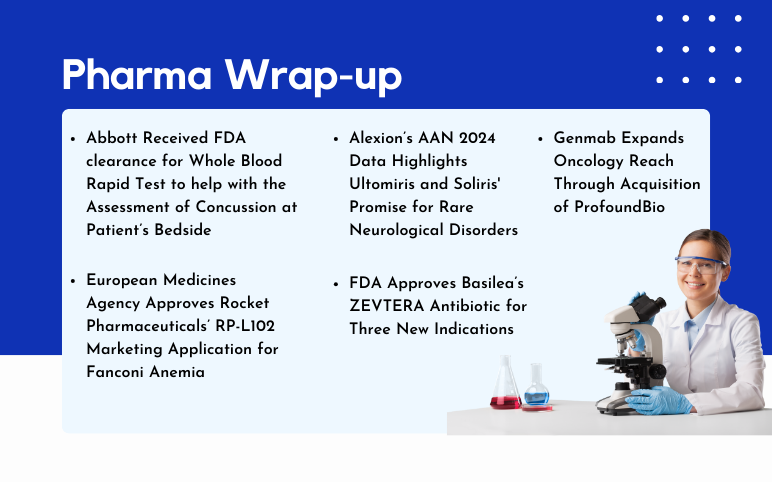
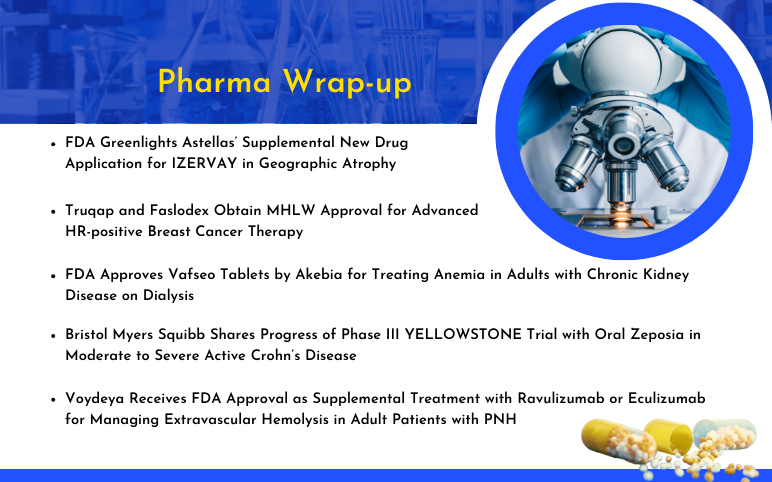

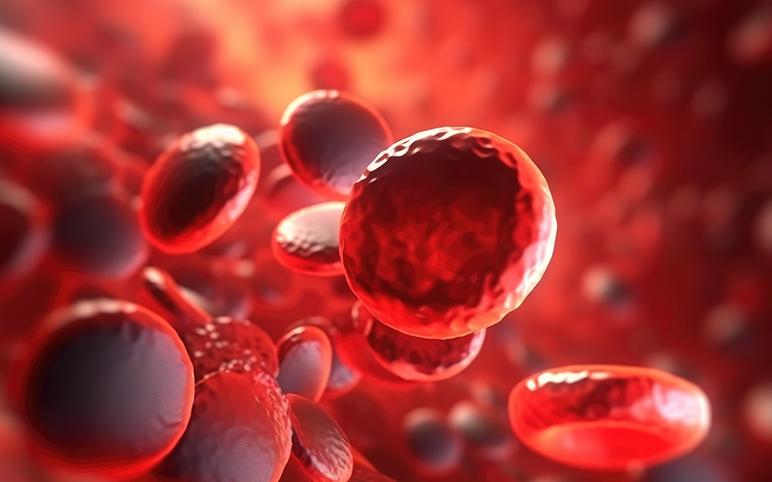
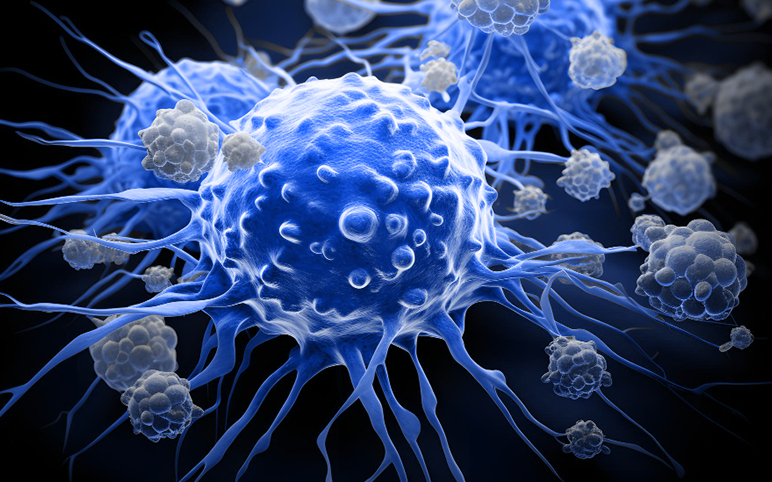

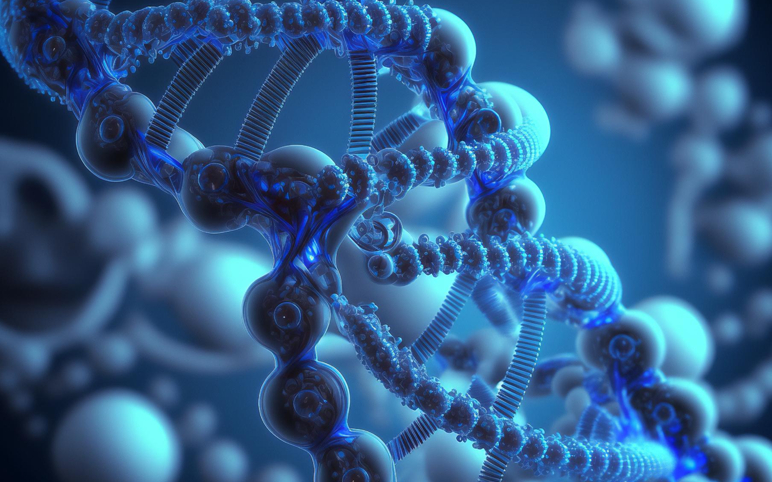
-Agonist.png)

